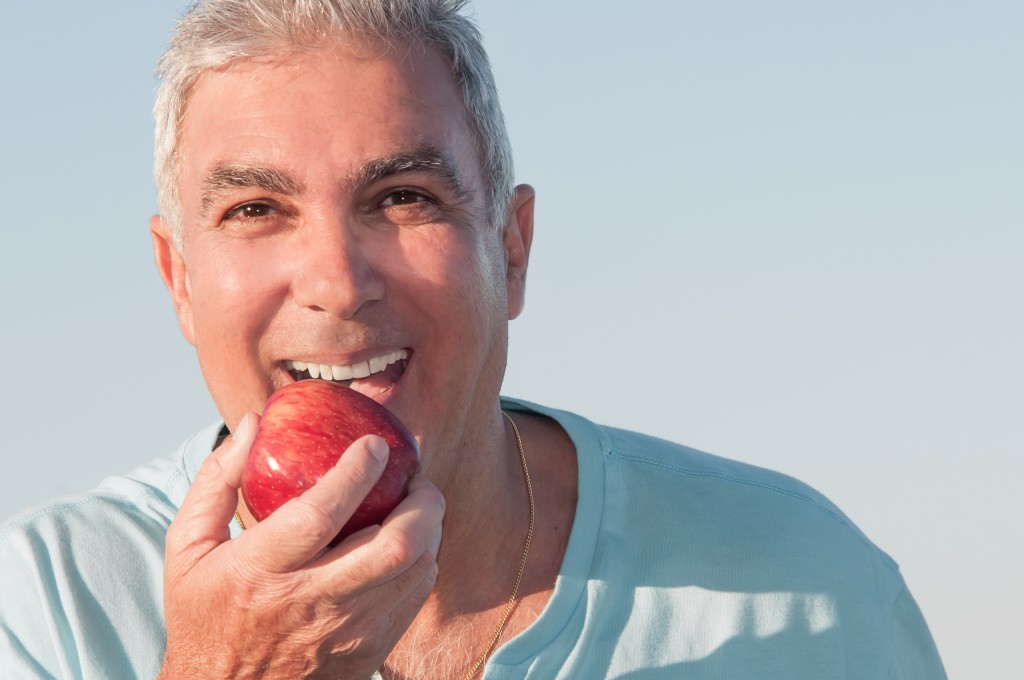Obesity has been a growing concern in recent decades. There are many factors behind this pandemic: heredity and family background, improper nutrition, lack of exercise, and modern trends towards unhealthy lifestyle choices such as excessive screen time.
Some people swing too far in the other direction. When body image concerns become tied up with emotions, or psychological distress, the individual often needs help at a treatment center for bulimia. But we can pursue healthy living without it turning into an obsession.
Doing so can be daunting. With so many factors to consider, and myriad advice floating around, some of it potentially misleading, figuring out what to do becomes a preliminary challenge in its own right.
There’s no substitute for expert medical advice, especially in edge cases or complex situations. But the average person can find reasonable health guidelines by understanding our ancestors’ primitive lifestyles and adjust accordingly.
A little-understood mechanism
The concept of evolution is nearly 200 years old, yet it remains misunderstood. Throughout history, it has been surrounded by controversy. Due to these associations, evolution has had little impact on medical thought until recent years.
We know that our genes influence our health outcomes. But the average person hasn’t really evolved far from the prototypical ancestral human.
Evolution takes place over an extremely long period. With some traits, natural selection has occurred relatively quickly.
Evolving lactose tolerance gave humans in agricultural societies an energy advantage over hunter-gatherers, for instance. But the bulk of our genetic code has remained almost unchanged over millions of years.
This process is not directed. It’s the result of constant random mutations being filtered through survival mechanisms in contemporary circumstances, drawn out over a vast stretch of time.
Bodies unfit for modern times
Advances in medicine have eliminated or greatly reduced the incidence of epidemic diseases. Our understanding of health has led to improvements in sanitation, food safety, and water treatment. Life expectancy in the 20th century increased by 25 years, with a 90% reduction in child mortality and nearly 99% reduced maternal mortality.
Yet even as we’ve come to add more years to the span of our lives, we also witness a rise in health problems. Obesity is the poster child of modern health issues. And this phenomenon isn’t happening because our genes have somehow made us weak.

Instead, we are suffering from an evolutionary deficit. Our bodies are inherently the same as those of our early ancestors. But our lives are saturated with convenience and distorted influences created by the much more rapid pace of development in technology.
The average person is unaware of the negative impact of this discrepancy. They lapse into a sedentary lifestyle and consume junk food.
Our physiology evolved to seek efficiency and store energy in the form of fat. With an excess of abundance and convenience, those reserves become a problem we recognize as obesity. Our muscles, maintained on a ‘use it or lose it’ principle, grow weak and leave us unable to sustain moderate exertion.
We don’t have bodies ideally suited to deal with modern circumstances because evolution happens too slowly. But we can strive to understand how early humans lived and emulate aspects of their lifestyle. By doing so, we can reshape our individual influences to match the design of our bodies better.
This doesn’t mean turning back the clock. Some people attempt to do that, perhaps by severely restricting their dietary options or abandoning all technology to live off the grid and growing their own food.
It’s worth noting that scientific research doesn’t support the effectiveness of interventions such as the paleo diet. Rather, what we can seek to adopt are the practices of hunter-gatherers in terms of physical activity.
The recommended guidelines for physical activity in adults are 150 minutes of moderate exercise each week. Early humans had to hunt and forage each day. They could hit such a target daily.
We don’t need to do those things, and that’s great because our survival is no longer tied to our luck and skill in the wild. But we have an excess of energy from the modern food supply and bodies designed to move in various ways.
Start trying to implement a hunter-gatherer fitness program. Exercise outdoors, get plenty of rest, and vary the type and intensity of movements involved. Modify your diet to correct the energy imbalance through the consumption of natural, unprocessed, whole foods.
There is no need for drastic, revolutionary change to attain better health. We have to recall the circumstances for which we evolved and attempt to realign our lifestyles accordingly.

